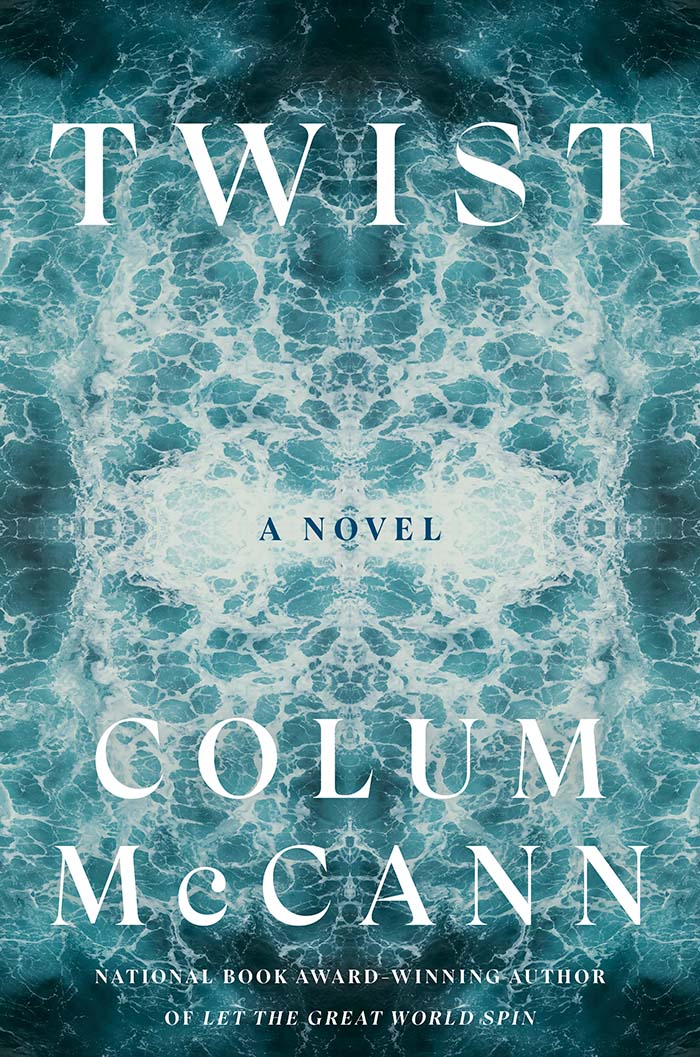
Be A Camera
Be a camera. “Language” us into vision. Make us feel like we are there. Colours, sounds, sights. Bring us to the pulse of the moment. See the whole landscape at first, then focus in on a detail. Bring that detail to life. It is a good trick to assume that you have a number of changeable lenses. Be fish-eye. Be wide-angle. Be telephoto. Zoom in. Zoom out. Distort. Sharpen. Divide. Imagine yourself into the actual camera. Find the words that are glass and shutter both. This is your mind’s eye. You are finger, moment, image. A writer is capable of all sorts of agility: even if you force yourself into a narrative rigidity, you can still go just about anywhere. The mind is an acrobat. There is no harm in trying all angles. Try first person, second person, third person. Try from the viewpoint of your main character, then try it from the perspective of the outsider. Shake it up. Faulkner it. Joyce it. Go from present to past. Attempt the future. Change your font. Change the size of your typeface. Keep looking at it, testing it, probing it. Eventually – if you persevere – you will hear the right voice, and it will begin from there. Then you will learn that you live way beyond the camera. You are not just a series of moveable parts. You are light years beyond a machine. You are inside the issues of the human heart.
